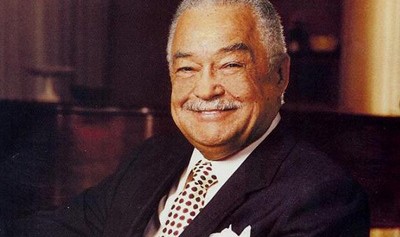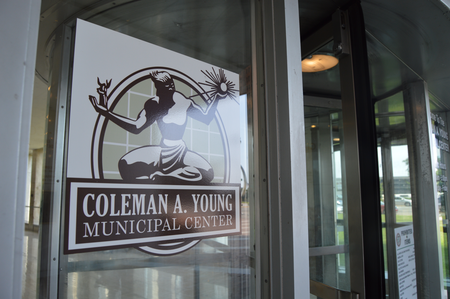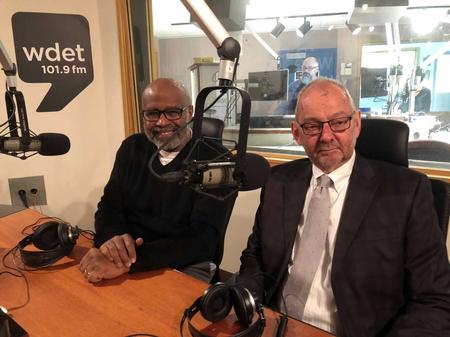Friends, Colleagues of Mayor Coleman Young Reflect on His Life 20 Years After Death
“He was a ‘look-you-in-the-eye’ person…Many were unaccustomed to an African American doing that.”


Twenty years ago this week, former Detroit Mayor Coleman Young died in Detroit at age 79.
Young was born in 1918, served in the Army Air Force during World War II as a Tuskegee Airman.
He became a voice for civil rights and black activism in the political realm over the next several decades.
He eventually became the city of Detroit’s first black mayor.
Detroit Today host Stephen Henderson talks with two people who were close with Mayor Young about his legacy and the days and hours leading up to his death.
Bob Berg is the founder of Berg-Muirhead communications consulting firm and former press secretary for Coleman Young, and Pastor Larry Simmons is the executive director of Brightmoor Alliance, who worked closely with Mayor Young and whose father was a UAW organizer with the former mayor.
“He went into Sanai Hospital in August of that year for what was supposed to be a short stay,” says Berg. “His health never rebounded to the point where he could leave… When the end came, everybody knew that it was eminent, but it still was traumatic for the city to lose him.”

Despite many experiencing his death as a profound loss, Detroiters were mixed in their opinions of his leadership.
“Yes, he did things which some people found offensive,” says Simmons, “but it was his unwillingness… to laugh when he wasn’t tickled and not to dance if there wasn’t any music. He was a ‘look-you-in-the-eye’ person. And…many were unaccustomed to an African American doing that, and it created in the community… a sense of pride that there was finally somebody who would stand up and say what I could not afford to say…I couldn’t say those things, but Coleman was talking for me.”
In spite of some criticism, Simmons describes Young as a person Detroiters could trust to fight “on behalf of the rights of people.”
“There was a great confidence that if he was in the room cutting the deal,” says Berg, “he was not going to sell out the people of Detroit.”
To hear the full conversation, click the audio player above.

